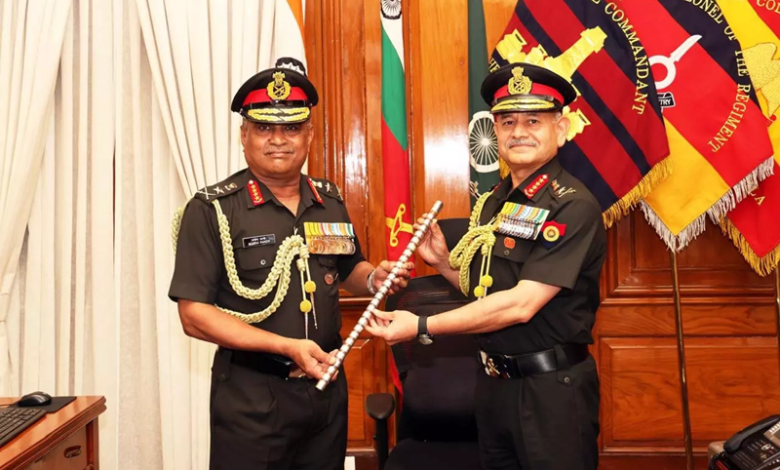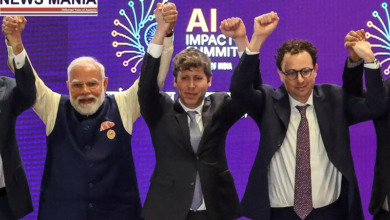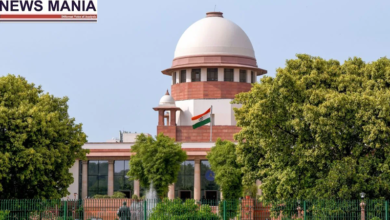“Ties Not Normal With China” Army Chief

News Mania Desk /Piyal Chatterjee/ 1st October 2024
/Chinese relations along the Line of Actual Control (LAC) are “stable but not normal,” as Chief General of the Indian Army Upendra Dwivedi put it. During the Chanakya Defence Dialogue, General Dwivedi stated that although the situation is still “sensitive,” India is ready for any eventuality.
According to General Dwivedi, India wants to go back to the way things were before the military standoff that started in May 2020. This would include going back to the previous levels of patrols, buffer zones, and ground occupancy. He stated that the sensitive nature of the situation will persist until this restoration is accomplished.
“The situation is stable, but it is not normal and it’s sensitive. If that be the case what are we wanting? We want that the situation that was there pre-April 2020 should be restored,” General Dwivedi said. “With China, you must compete, cooperate, coexist, confront, and contest. So until that situation is restored, as far as we are concerned, the situation will remain sensitive and we are fully operationally prepared to face any kind of contingency. Trust has become the biggest casualty.”
According to General Dwivedi, military commanders on the ground are ultimately responsible for carrying out agreements, even in the face of continuous diplomatic discussions. Even with “positive signalling” from diplomatic discussions, complete disengagement is still pending.
“The positive signalling is coming from the diplomatic side, but what we need to understand (is that) the diplomatic side gives options and possibilities,” he said. But when it comes to the execution on the ground, when it relates to ground per se; it is dependent on the military commanders on both sides to take those decisions.”
June 2020 saw the start of India-China clashes in Ladakh’s Galwan Valley, which signaled a turning point and a decline in relations between the two nations. Essential issues of contention in eastern Ladakh, like Depsang and Demchok, have not been resolved in 21 rounds of talks at the level of Corps Commanders.
The Supreme Court declared today that any religious building that encroaches on a road, a body of water, or railroad tracks must be removed since public safety is the top priority. The court emphasized that India is a secular nation and that all Indians, regardless of their religious beliefs, will be covered by its directives for anti-encroachment and bulldozer operations.
Petitioners opposing the use of bulldozers against criminal suspects were being heard by the bench of Justices BR Gavai and KV Viswanathan. Bulldozer justice is the term used to describe the practice, which has gained traction in a number of states. In the past, the state authorities have claimed that only unlawful structures were destroyed in these situations.
Solicitor General Tushar Mehta appeared for three states — Uttar Pradesh, Gujarat and Madhya Pradesh. Asked if being accused in a criminal case can be a ground for facing bulldozer action, Mr Mehta replied, “No absolutely not, even for heinous crimes like rape or terrorism. Like my lord said it cannot also be that the notice issued is stuck one day before, it has to be in advance. One of the concerns was that notice has to be issued… most municipal laws, depending on the subject matter they are dealing with, have provisions for issuance of notice. Your Lordships may read that a notice be issued via registered post.”






